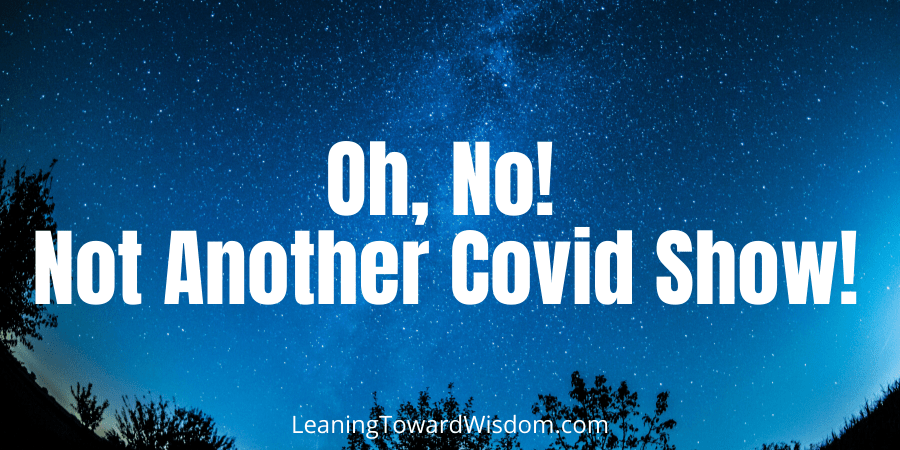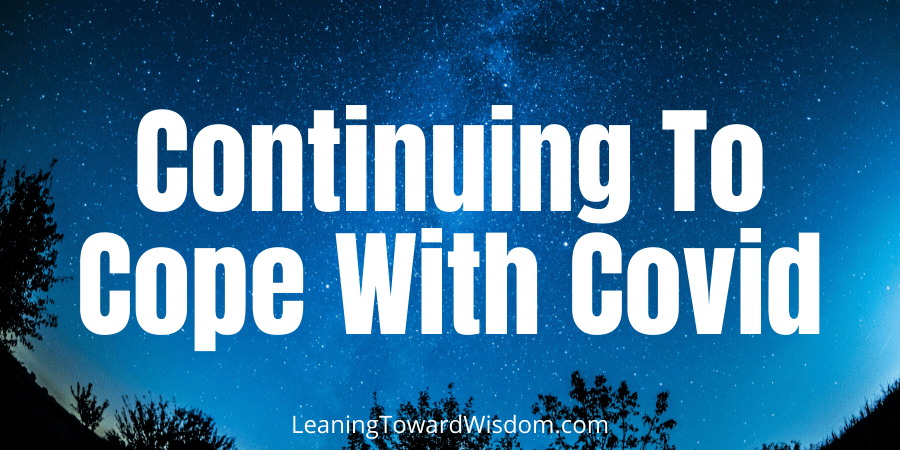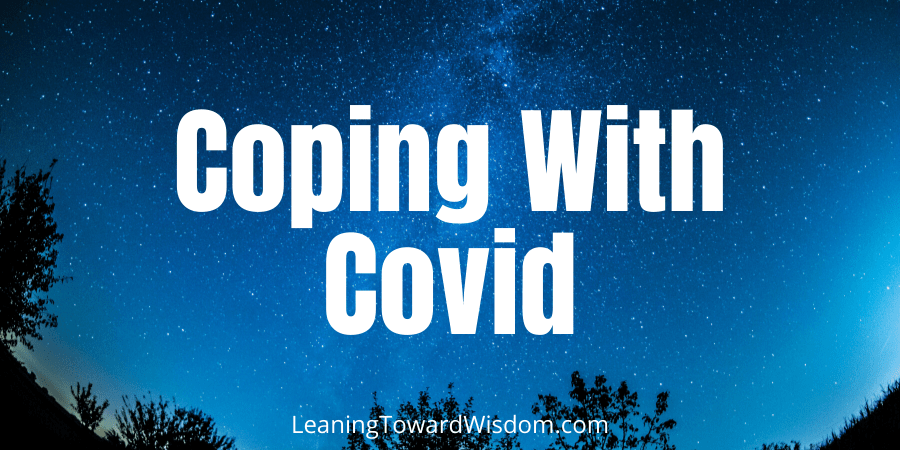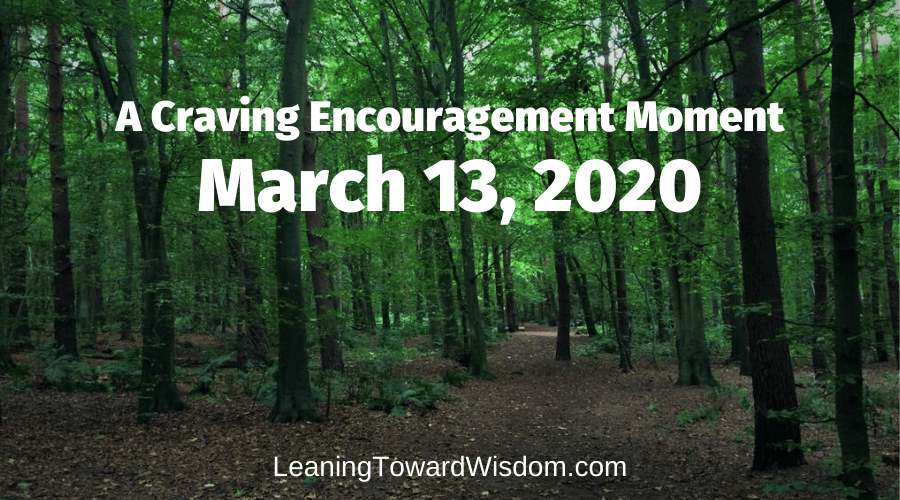Podcast: Play in new window | Download (Duration: 4:32 — 6.2MB)
Subscribe: Apple Podcasts | Spotify | iHeartRadio | Email | | More
Happy Friday the 13th. No, I’m not superstitious.
The best definition I ever heard of overthinking is creating problems that are never there. Today let me encourage us to just do stuff while avoiding thinking of all the things that could go wrong.
Today it’s about thinking what if it goes right. What if it goes well. ‘Cause it could. It might. But we’ll never know if we don’t try.
Fear stops us, but today needs to be the day – a notable day ’cause it’s a Friday the 13th – to give it a go and fail if we must. But we might succeed. Wildly. How will we know if we don’t try?
And if we fail we’ll laugh it off. Get back up and either do it again because one failure doesn’t mean we were doing it wrong…or we’ll adjust and it slightly different. The good news is we get to decide what we’ll do. But the urgent thing is that we do something! And that we keep doing it.
“When I look back on all these worries, I remember the story of the old man who said on his deathbed that he had had a lot of trouble in his life, most of which had never happened.”
– Winston Churchill
Stop worrying about it. Stop thinking it may not work. Stop thinking that everybody is watching. You know that’s untrue. I certainly know it’s true. Unless you’ve got millions of followers on social media you know nobody is paying attention to your life. That’s a blessing. We can try stuff without any fear of failure or embarrassment – except in our head. So today get out of your head.
“In a moment of decision, the best thing you can do is the right thing to do, the next best thing is the wrong thing, and the worst thing you can do is nothing.”
– Theodore Roosevelt
Today it’s about being in the sunlight of optimism. And it’s about working harder to battle our fears and pessimism thinking it won’t work. Starting today and all through the weekend let’s try an experiment. Let’s put in the work – let’s do the things we most want to try to do – and let’s assume it’ll work out. Let’s assume success. Yes, failure is always possible, but success is, too. Let’s bet on success!
What if for the next 3 days we refuse to be pessimistic about what we’re doing and we embrace optimism choosing rather to believe that our work – our efforts – will pay off.
Do something. Do the one thing you’ve refused to do up to now because you were afraid. Stop being so afraid you don’t do anything. Be afraid, but do it anyway.
Pick the one thing that you know is in your way. The one action you’re not taking that you know may make the big difference. Do that thing. Believe it will work out to your favor.
“Optimism is the faith that leads to achievement. Nothing can be done without hope and confidence.”
– Helen Keller
Go do it. If you want my help, shoot me a message using that contact page. Let me know what you’re going to do. Let me know you did it. Then let me know how it turned out. I promise I’ll reply and give you encouragement to keep moving forward.
Randy






